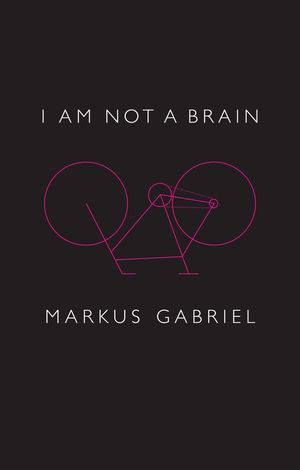What do you think?
Rate this book


240 pages, Kindle Edition
Published September 18, 2017
Nosso ideal de objetividade é formulado de um ponto de vista que não pode, ele mesmo, ser objetivo, porque ele é e permanece o nosso ponto de vista. Essas teorias não são primeiramente forjadas no laboratório, mas sim em relações sociais.
Searle, autor contemporâneo, nos indica uma pista decisiva para abandonarmos a idealizada objetividade. “O bom da consciência é: se se tem a ilusão de se ter uma consciência, também se tem uma. Não se pode aplicar a distinção comum entre aparência e realidade à consciência do mesmo modo como se a aplica a outros fenômenos.”